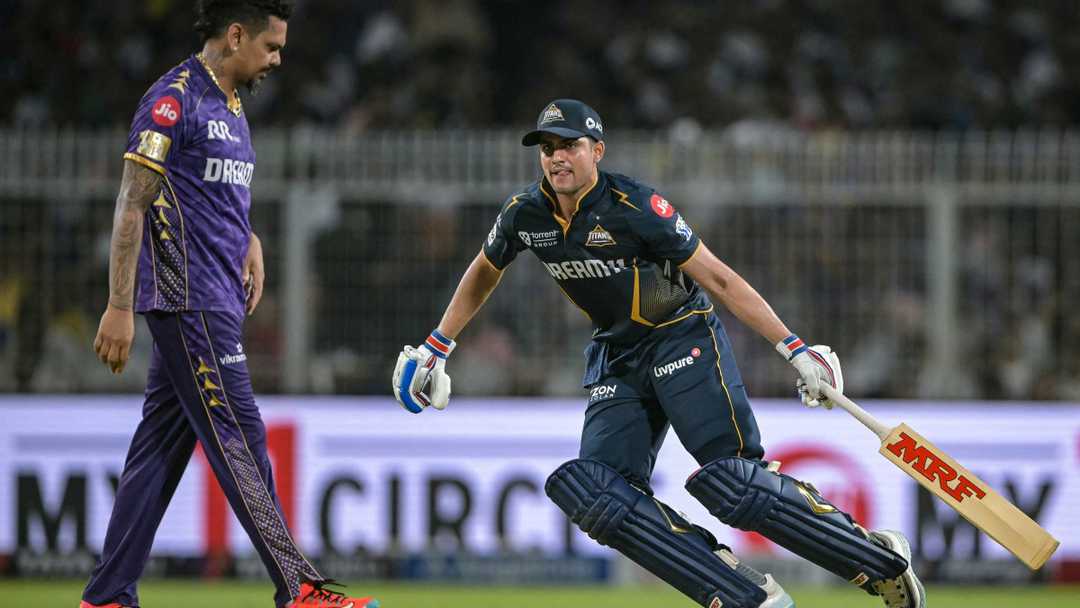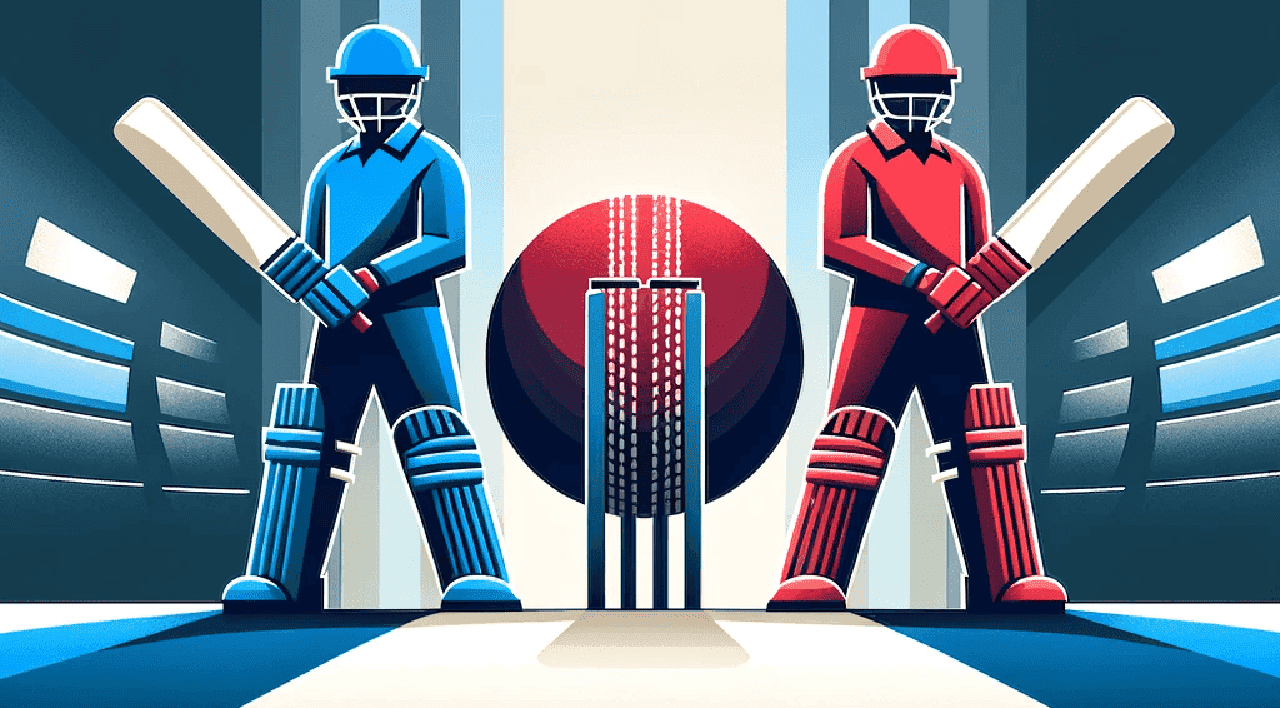
Fielding captain to decide striker in case of a deliberate short run
The Board of Control for Cricket in India (BCCI) has ruled that the rival captain will decide which batter takes the strike if a batter deliberately runs short.
"The captain of the fielding side to identify which of the two batters will take strike for the next delivery," the BCCI said in a series of rule changes ahead of the domestic season.
Batters are known to run short intentionally while taking a couple to retain the strike. This practice is seen often in T20 franchise cricket, occasionally in the IPL too.
There are existing rules for such an act, which leads to five penalty runs to the fielding side and a possible hearing before the match referee.
The new ruling states: "A deliberate short run is an attempt for batters to appear to run more than one run, while at least one batter deliberately does not make good their ground at one end. Batters may choose to abort a run, provided the umpire believes that there was no intention by the batter concerned to deceive the umpires or to score the run in which they didn't make their ground."
18.5.2 The bowler's end umpire shall:
-
disallow all runs to the batting side;
-
signal No ball or Wide to the scorers, if applicable;
-
award 5 Penalty runs to the fielding side;
-
request the captain of the fielding side to identify which of the two batters will take strike for the next delivery;
-
award any other 5-run Penalty that is applicable except for Penalty runs under clause 28.3 (Protective helmets belonging to the fielding side);
-
inform the scorers as to the number of runs to be recorded; and
-
inform the captain of the fielding side and, as soon as practicable, the captain of the batting side of the reason for this action.
-
The umpires together may report the occurrence as soon as possible after the match to the BCCI Match Referee.
Batter retirement rule change
In another rule change, the BCCI says "if a batter retires for any reason other than as in clause 25.4.2, he will be considered as dismissed immediately and will not have the option of returning to bat even with the consent of the opposite captain. His innings will be recorded as 'Retired – out'."
The above mentioned rules apply across formats.
One ball to be phased out in VHT games
The BCCI has adopted the recent rule change by the ICC which phased out two balls in ODI cricket. After 34 overs, only one ball will be used in the Vijay Hazare Trophy, a domestic 50-over competition.

